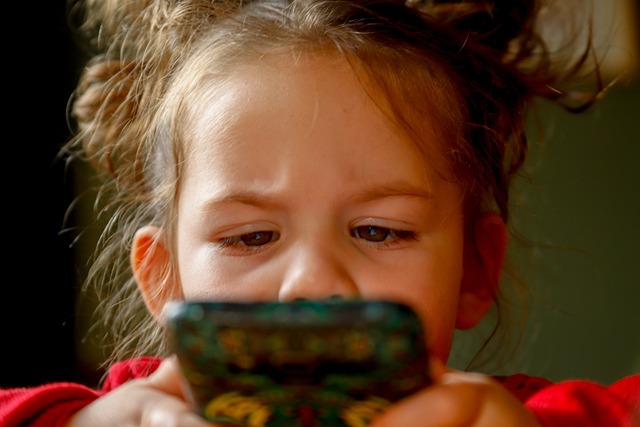Social Media Ban For Children: Why The Proposal Acquires Urgency

How much social media exposure is ideal for children? Well, it’s as good a question as how much alcohol or drugs or pornography is ideal for them. It’s not without reason that the Australian government’s decision to ban social media for children below the age of 16 has garnered worldwide attention. Social media is addictive and it might be hindering the process of children growing into normal adults. It’s good that we have a serious discussion on it now.
It’s well-documented by now that social media is impacting the self-perception of the younger generation in ways very deep. The ‘likes’ or ‘comments’ they receive for their posts are a measure of self-worth and being viral is a mark of achievement. But a huge number of them are not content creators but content consumers. They stay immersed in whatever their favourite platforms offer at breathless speed and perceive the world on the basis of information they receive from there. It can have serious consequences on their growth as balanced, life-aware individuals.
Social media is a gutter carrying all kinds of garbage. There are some useful items floating in it too, but it’s too much to expect the young and the impressionable minds to separate them from the overwhelmingly bad and consume it judiciously. Information is as important as air and water for us. Just as parents would like their children to stay away from contaminated water and toxic air, they would also like them to stay far from contaminated and spurious information.
There’s the matter of harassment of children online too. This includes cyberbullying, blackmailing, sexual harassment and other crimes. It’s like leaving your children alone on criminal-infested streets. Actually it’s worse on social media. On the streets you can have eyes watching the kids but not so in the case when they are alone with their devices with internet connection. It’s a very private space where outsiders, including parents, are unwelcome. Every parent would like to protect their children from criminals.
So it is important that Australian Prime Minister Anthony Albanese’s proposed legislation in this regard is discussed across the world with the required sense of urgency. His proposal for the social media ban for children under 16, puts the onus on platforms such as X, Instagram, Facebook and YouTube for remedial measures. The burden of responsibility is on these platforms. “The onus will be on social media platforms to demonstrate they are taking reasonable steps to prevent access,” he said. Monitored by Australia’s online safety regulator, the new law would penalise the platform for non-compliance.
It’s reasonable. These platforms make a huge amount of money through various revenue streams by hosting content. It’s time they were made responsible for what they deliver to the vulnerable young age demography. It is important to drill the sense of accountability into them. Of course it’s not easy. Access control is difficult to ensure. Children can bypass verification rules. Once hooked to bad content, they will find ways to reach it. Efforts in this regard in the European Union have not yielded desired results. Yet, that cannot be reason to give up.
Sensitisation and counselling of children may be another way to deal with it. But they hardly work. More parental control, though desirable, cannot be a foolproof way. So it has to be the social media platforms to take the responsibility. The excuse that they are only a neutral medium carrying content should not be entertained. They have to find a way. The future of our children is at stake. They must act. Period.
(By arrangements with Perspective Bytes)

Comments are closed.